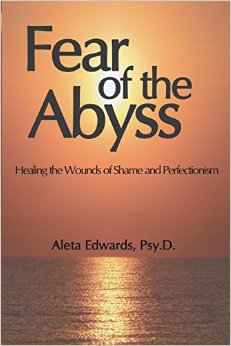|
I don’t know when things began to be so misunderstood, but our cultures clearly contribute to perfectionism, shame, low self-esteem and a general dissatisfaction with the self. Children learn young that they are supposed to be the “best,” and that involves as many people as possible not doing as well as they do. We are supposed to build close relationships at the same time our “success” involves those around us not doing well. This seems to me a sick system, but we are raised in it. As a therapist who has treated numerous people who did manage to be the supposed best—even though they were intensely unhappy—as well as those who did not, I see what this does to people. I have always told my clients that it is good to know what they are “good” at and what they are not. When I started out, I remember being shocked that people had a hard time with this idea, that it was too loaded to be matter-of-fact. And yet, people pour into therapy complaining of having low self-esteem. What is self-esteem really but seeing ourselves as compared to others and coming out favorably or unfavorably? Far too often people compare the act others put on to their own real feelings. That is like comparing how you look as soon as you wake up to someone dressed for an event.
6 Comments
A lot of well-meaning people often say to psychologists that we deal with “depressing things” and are always concerned with emotional pain. A lot of people think that talking or writing about painful topics is somehow “negative,” and I would like to address this issue, as well as the “upbeat” part of the psychotherapist’s work.
In all fairness, anyone concerned with healing is concerned with the disease process in the physical realm, and emotional pain in the psychological. (This article does not address the mind-body-spirit connection, which is also very important.) It is very hard to change or to facilitate the healing process without addressing the issues. As a professor of mine once said, “No one goes to a psychologist to say that life has been great, or because they just wanted to be nice to psychologists.” This is true. People come in because they are experiencing pretty extreme emotional unease. Those who have had therapy come in recognizing that they have done some of the work and want to do more. |
Aleta Edwards, Psy.D.I am a psychotherapist in private practice, with a strong interest in shame and perfectionism. I will periodically post my thoughts about these topics and other observations relating to emotional health. Archives
March 2022
Categories
All
|

 RSS Feed
RSS Feed
